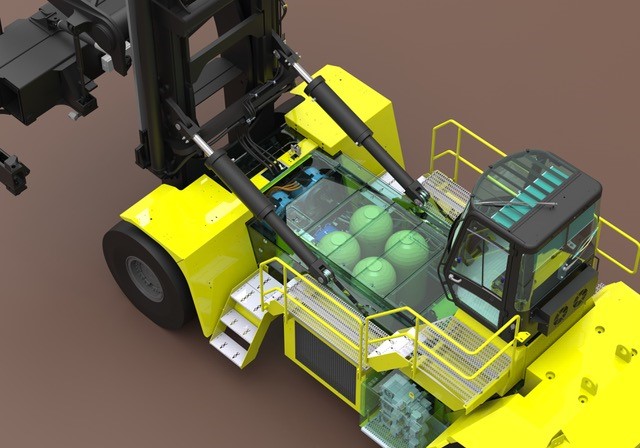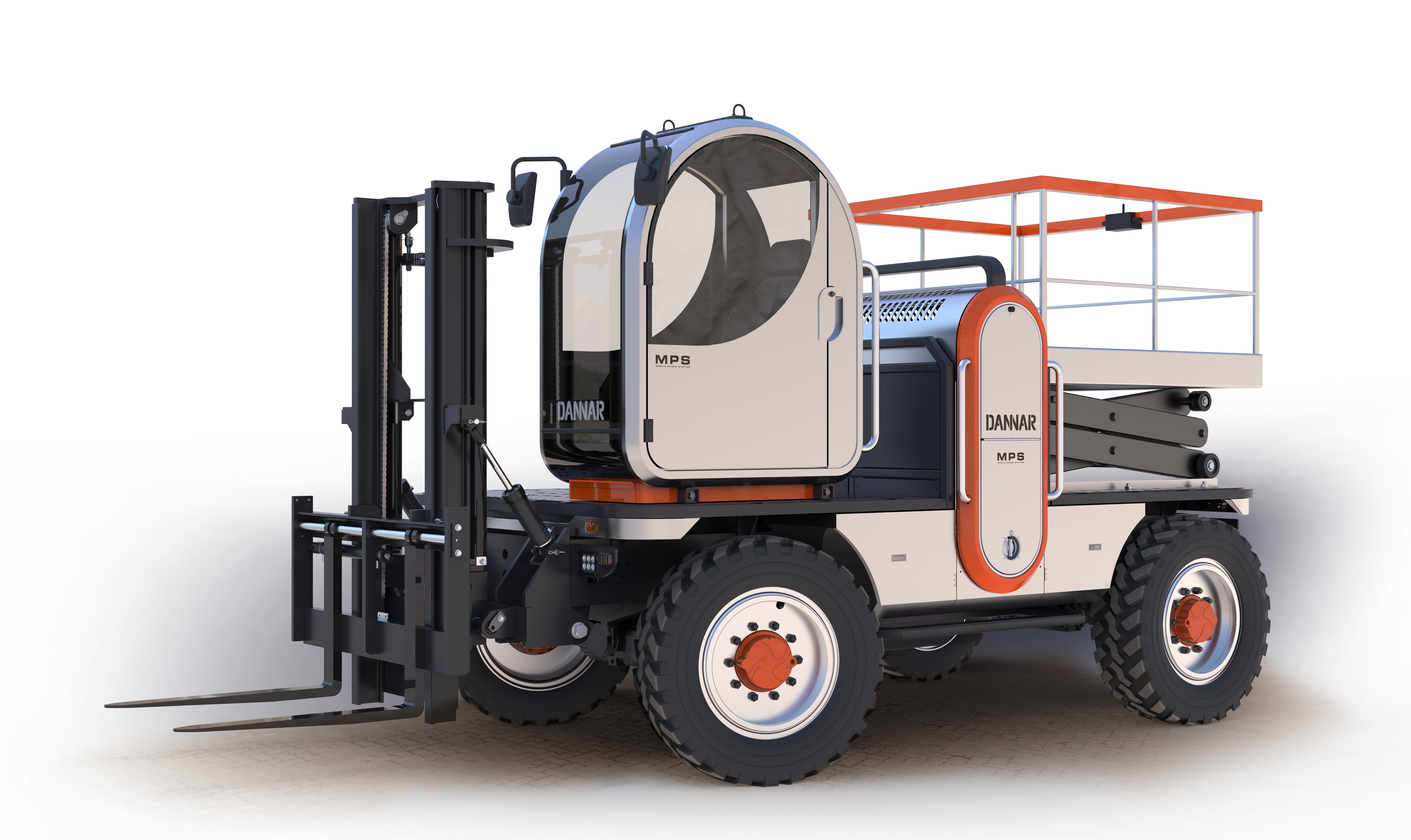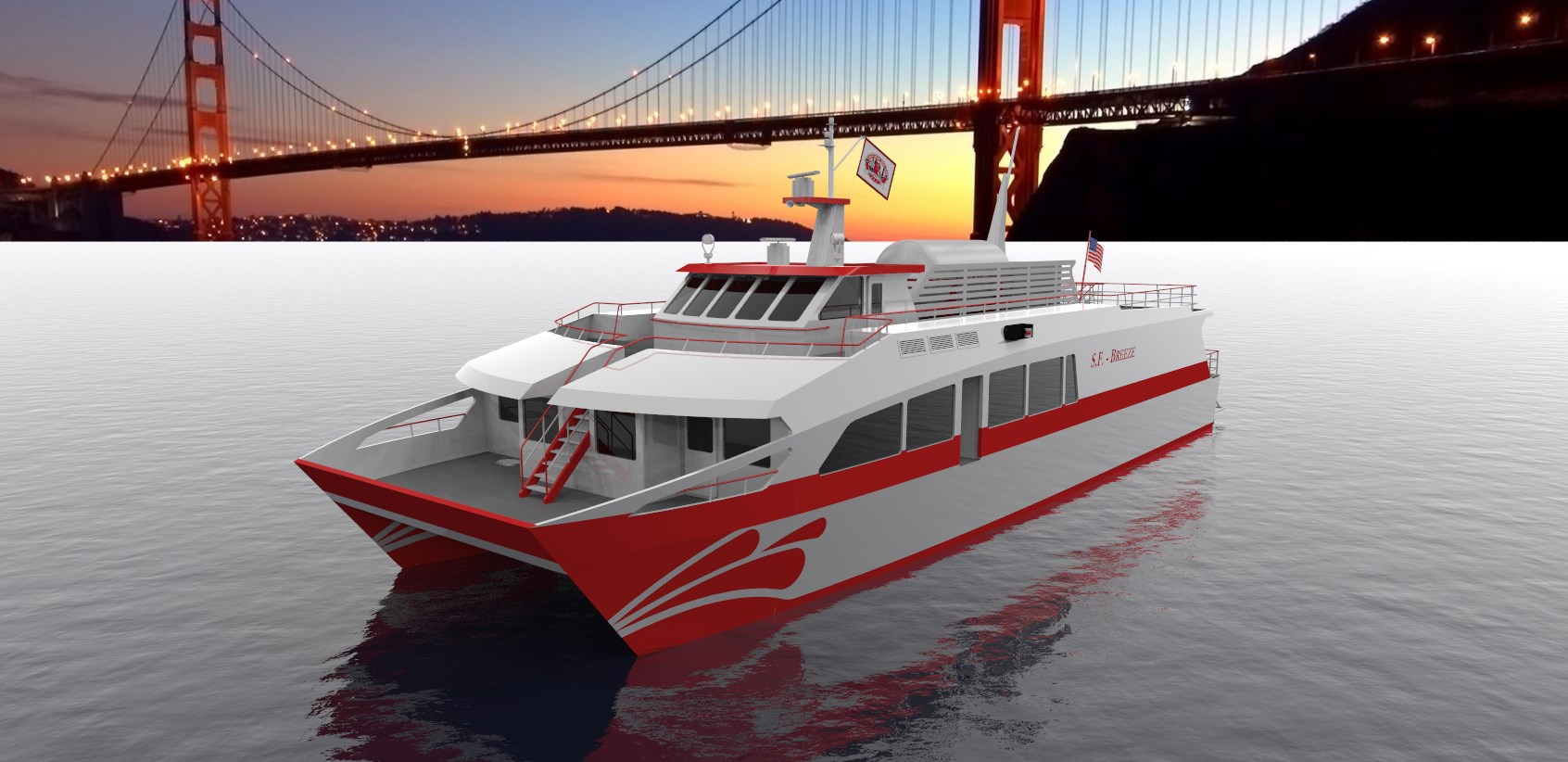CARB awards $20 million in Cap-and-Trade funding to zero-emission technology demonstrations in freight, farm and passenger transportation
For immediate release
Contacts
Categorías
SACRAMENTO – The California Air Resources Board has awarded $20 million in grants to accelerate California’s transition to zero-emission off-road equipment in the freight, agriculture and waterborne mass transit sectors, furthering California’s effort to put Cap-and-Trade auction proceeds to work strengthening the economy and cleaning the air.
Projects awarded funding include a battery-electric locomotive at the Port of Los Angeles, a hydrogen fuel cell-powered ferry providing passenger service between the Ports of San Francisco, Oakland, Redwood City and Martinez, battery-electric tractors in the San Joaquin Valley, and zero-emission cargo handling equipment at three California ports (Los Angeles, Long Beach and Stockton).
The projects are part of California Climate Investments, a statewide program that puts billions of Cap-and-Trade dollars to work reducing greenhouse gas emissions, strengthening the economy and improving public health and the environment — particularly in disadvantaged communities. All of the recently funded off-road advanced-technology demonstration projects directly benefit disadvantaged communities.
“These grants allow California to demonstrate promising cutting edge technologies on the cusp of commercialization,” CARB Executive Officer Richard Corey said. “Zero-emission technologies help to reduce harmful emissions around our ports and other communities disproportionately impacted by pollution.”
Three projects demonstrate zero-emission cargo-handling equipment:
- Fuel-cell powered top loader with wireless inductive charging at the Port of Los Angeles (Project cost: $8.8 million; Cap-and-Trade grant: $6.5 million; Grantee: Center for Transportation and the Environment);
- Three battery-electric top handlers and two zero-emission yard trucks (fuel cell and battery-electric) at the Port of Long Beach (Cost $8.3 million; Grant: $5.3 million; Grantee: City of Long Beach Harbor Department); and
- Two battery-electric high lift-capacity forklifts at the Port of Stockton (Cost: $1.2 million; Grant: $772,555; Grantee: San Joaquin Valley Air Pollution Control District).


Other projects include:
- Battery-electric switcher locomotive at the Port of Los Angeles (Cost: $3.8 million; Grant: $2.8 million; Grantee: The Los Angeles Harbor Department)
- Hydrogen fuel cell passenger ferry in the Bay Area (Cost: $5.5 million; Grant: $3 million; Grantee: Bay Area Air Quality Management District)
- Four battery-electric tractors and one battery-electric Class 6 truck that will act as a mobile recharger in the San Joaquin Valley (Cost: $2.3 million; Grant: $1.5 million; Grantee: Project Clean Air)

All projects will have met required demonstration project milestones by March 2020.
California’s Off-Road Advanced Technology Demonstration Projects help accelerate the next generation of advanced technology vehicles, equipment, or emission controls that are not yet commercialized. Projects reduce climate-changing gases, criteria pollutants and toxic air contaminants. Along with the On-Road Advanced Technology Demonstration Projects, Off-Road projects are part of a $34 million allocation for freight demonstration projects in California.
